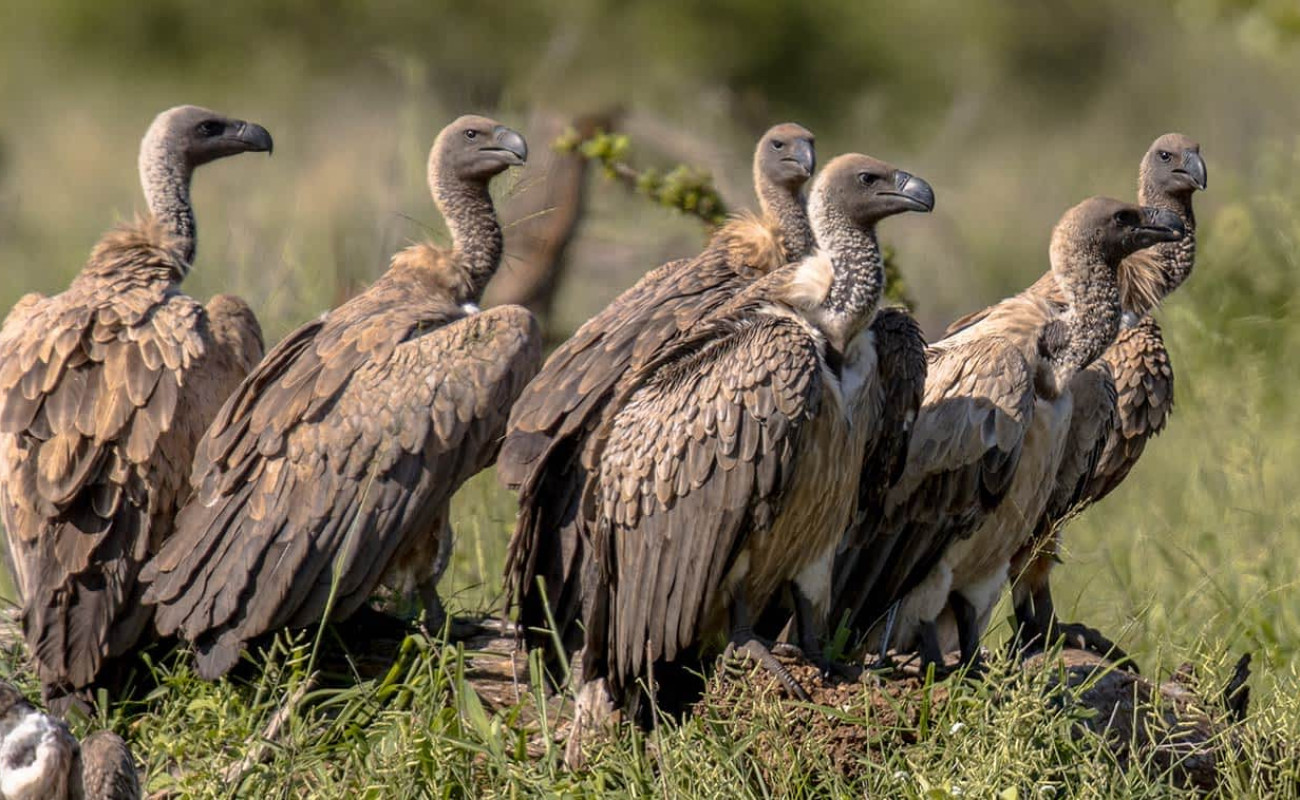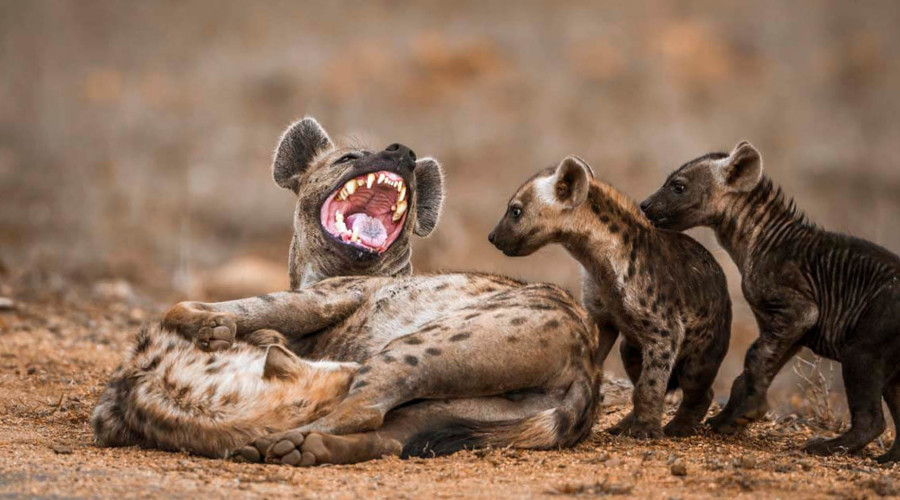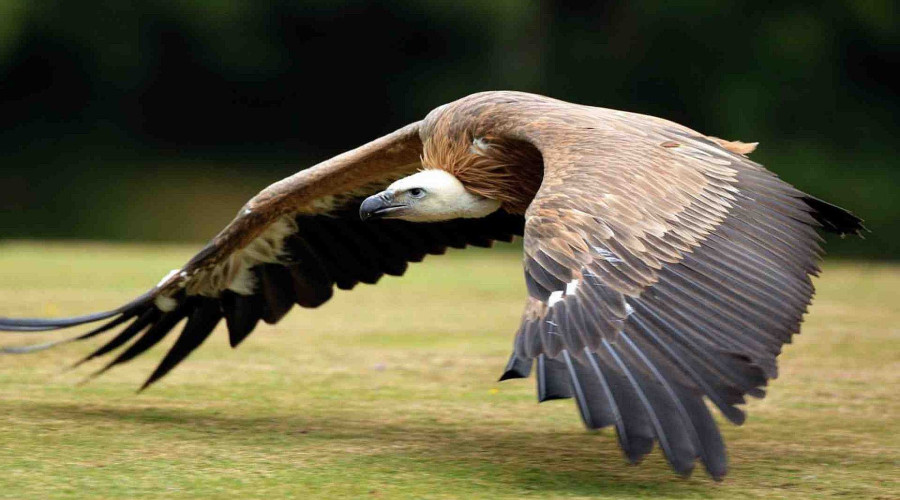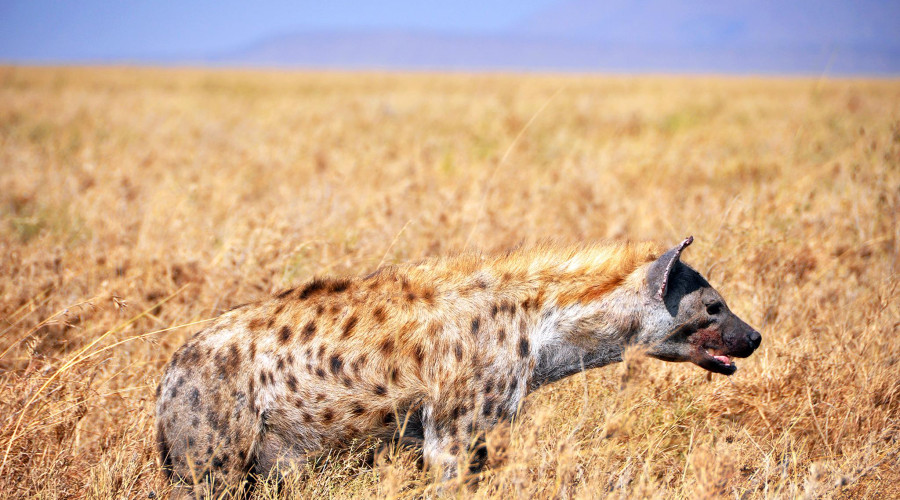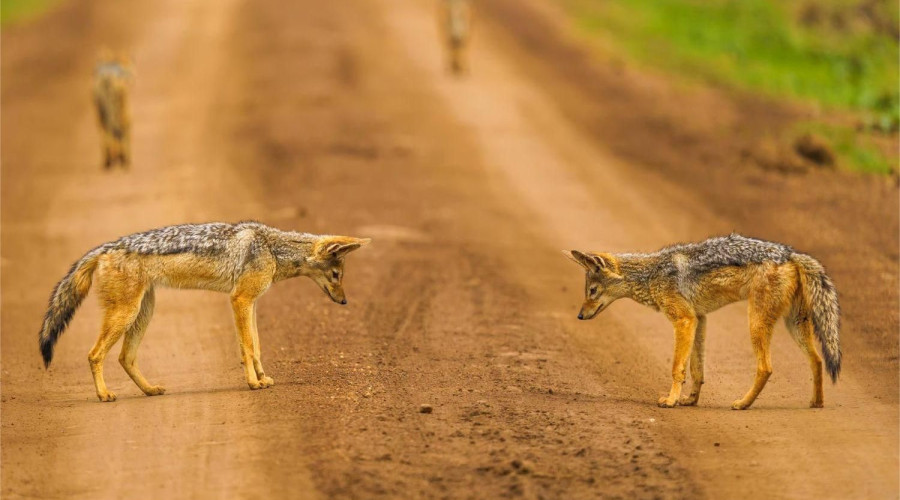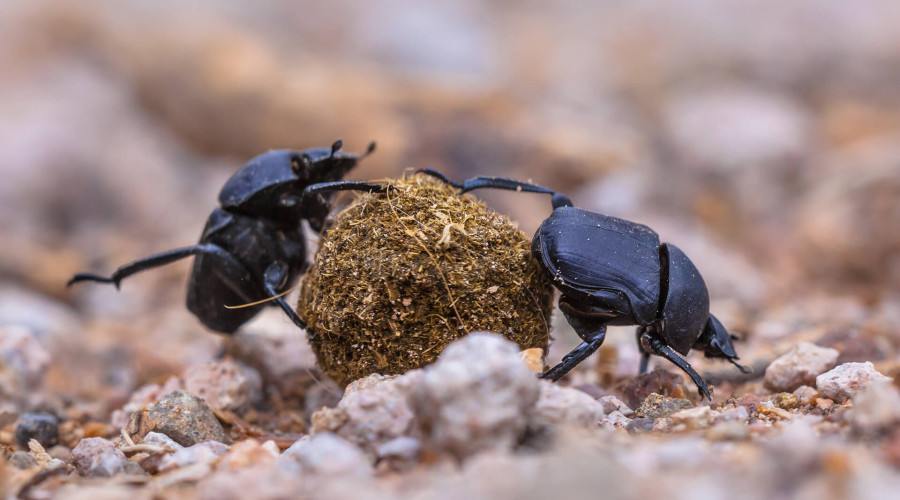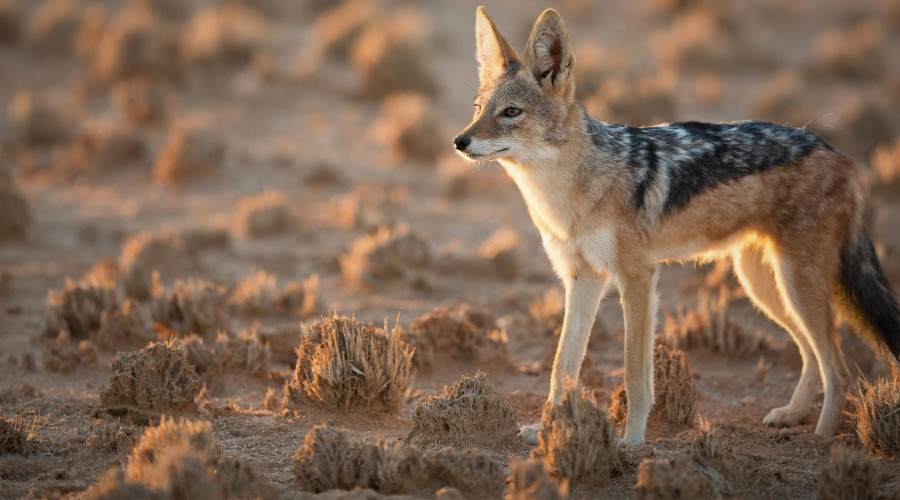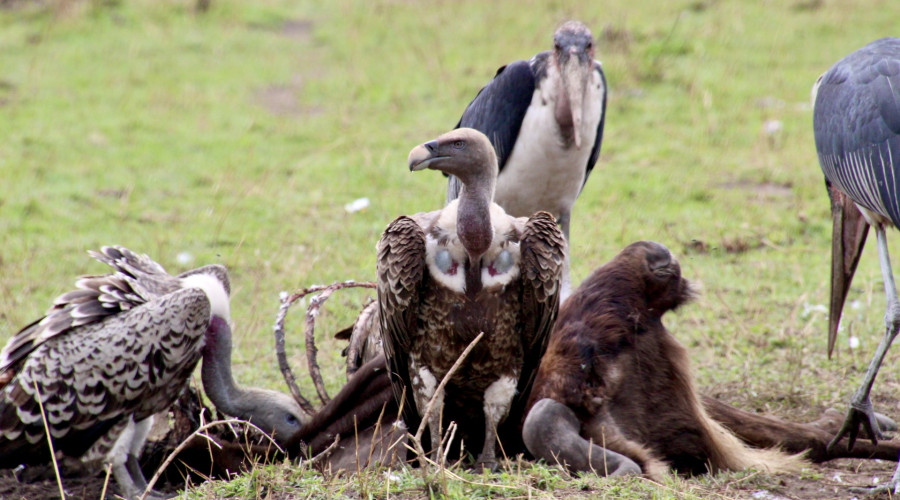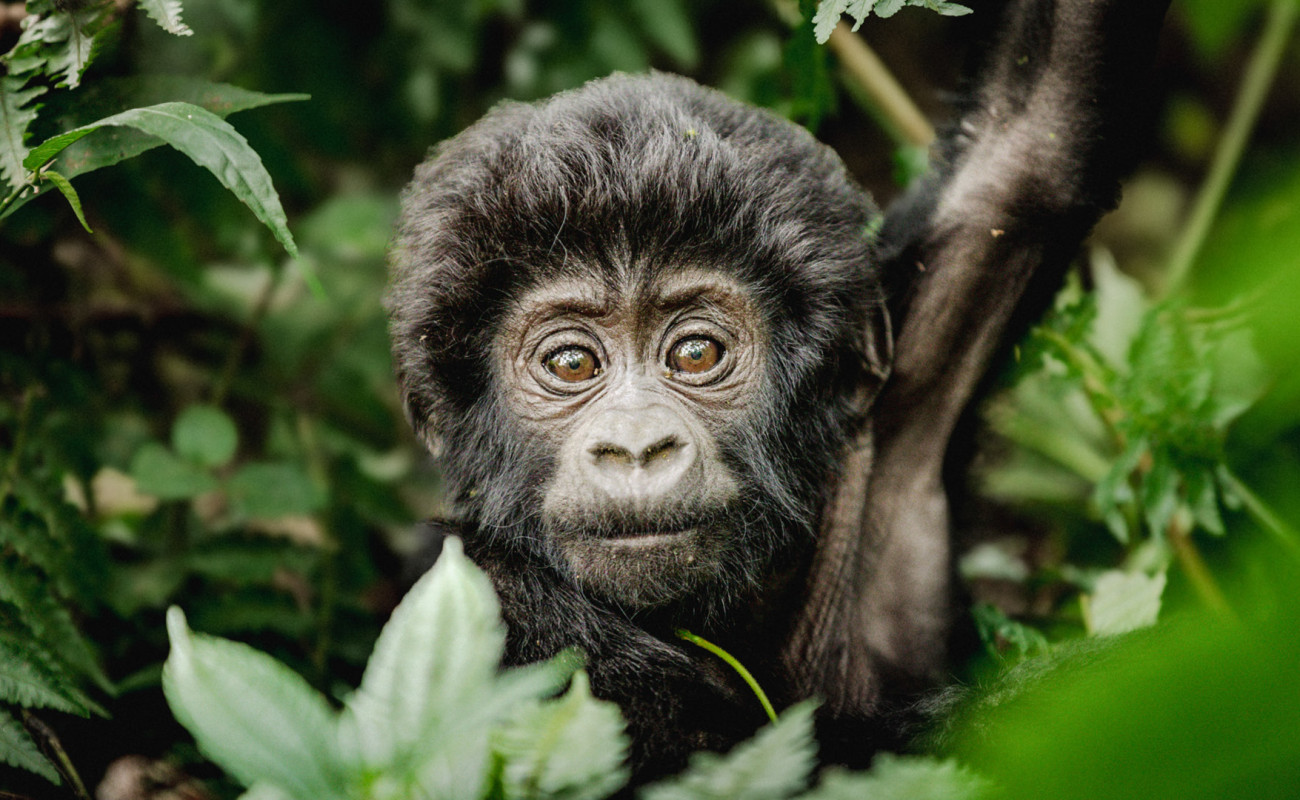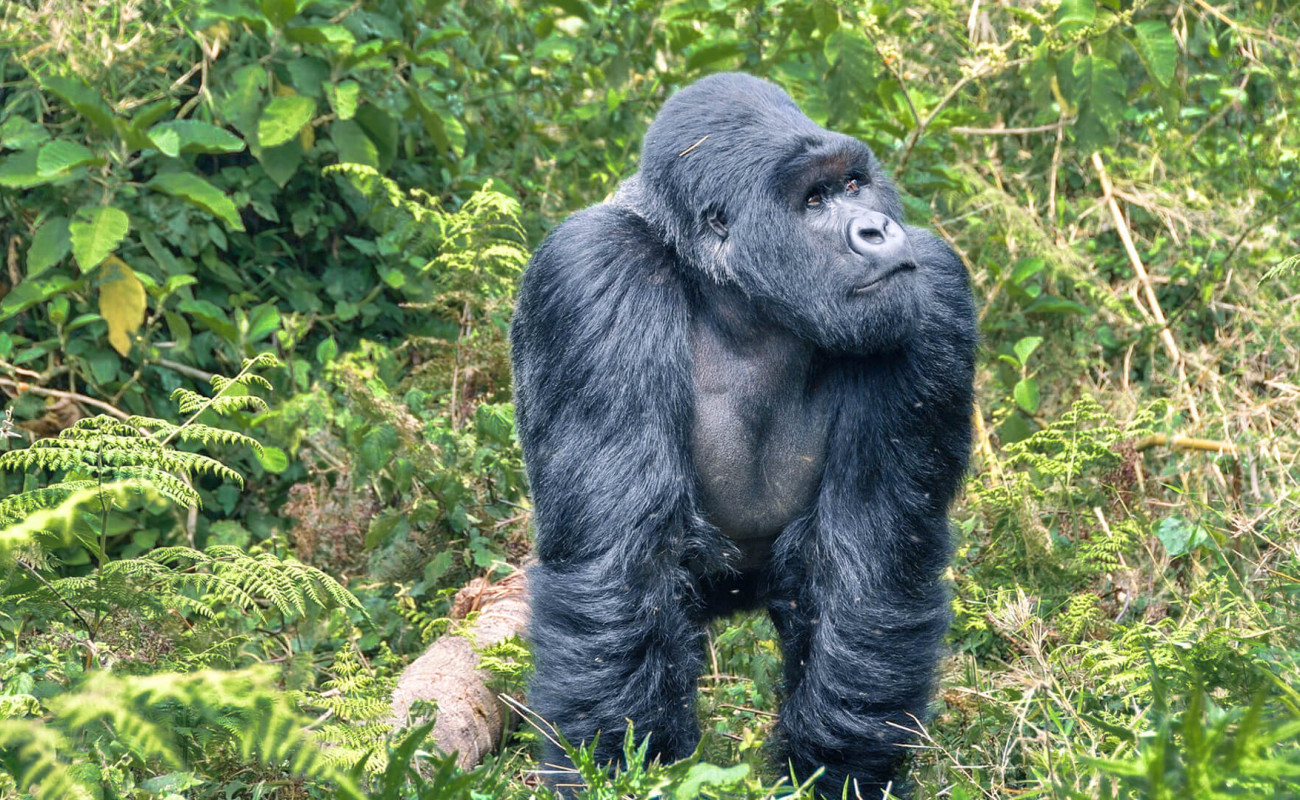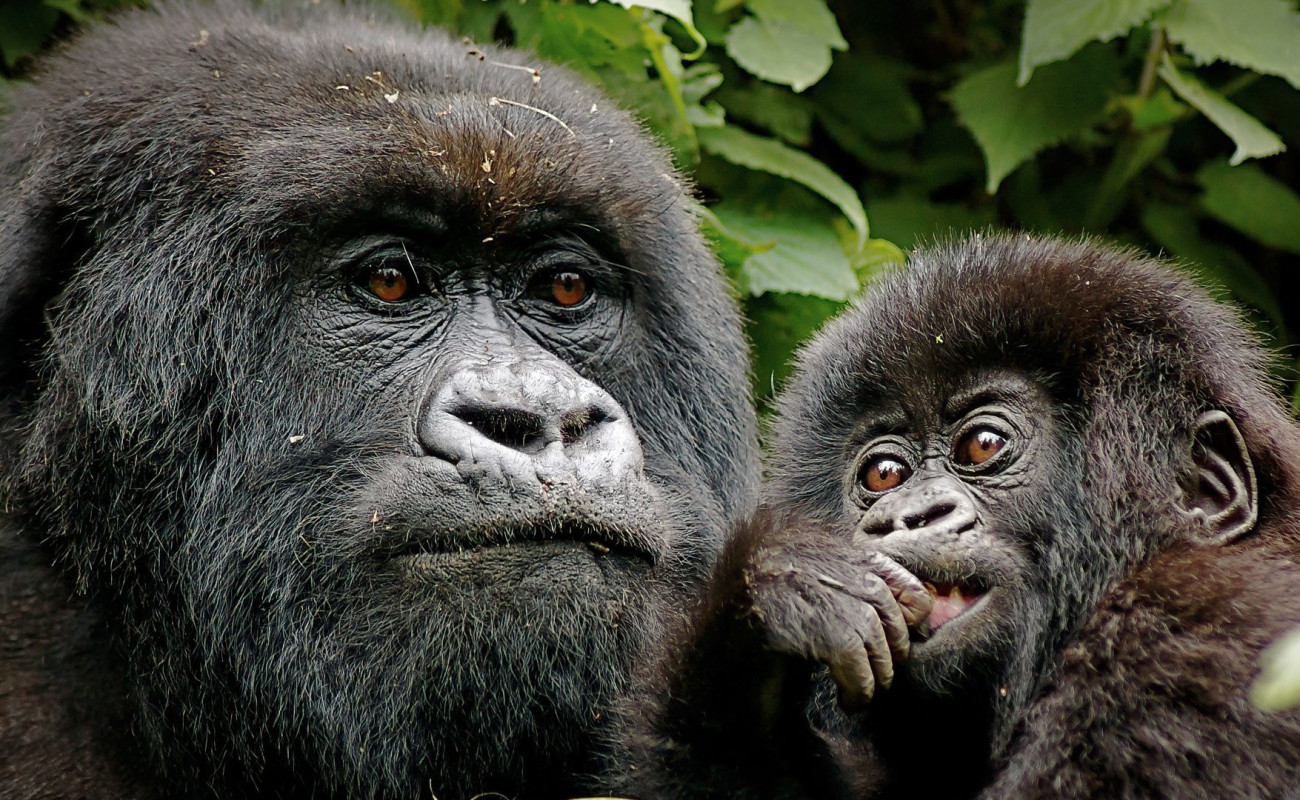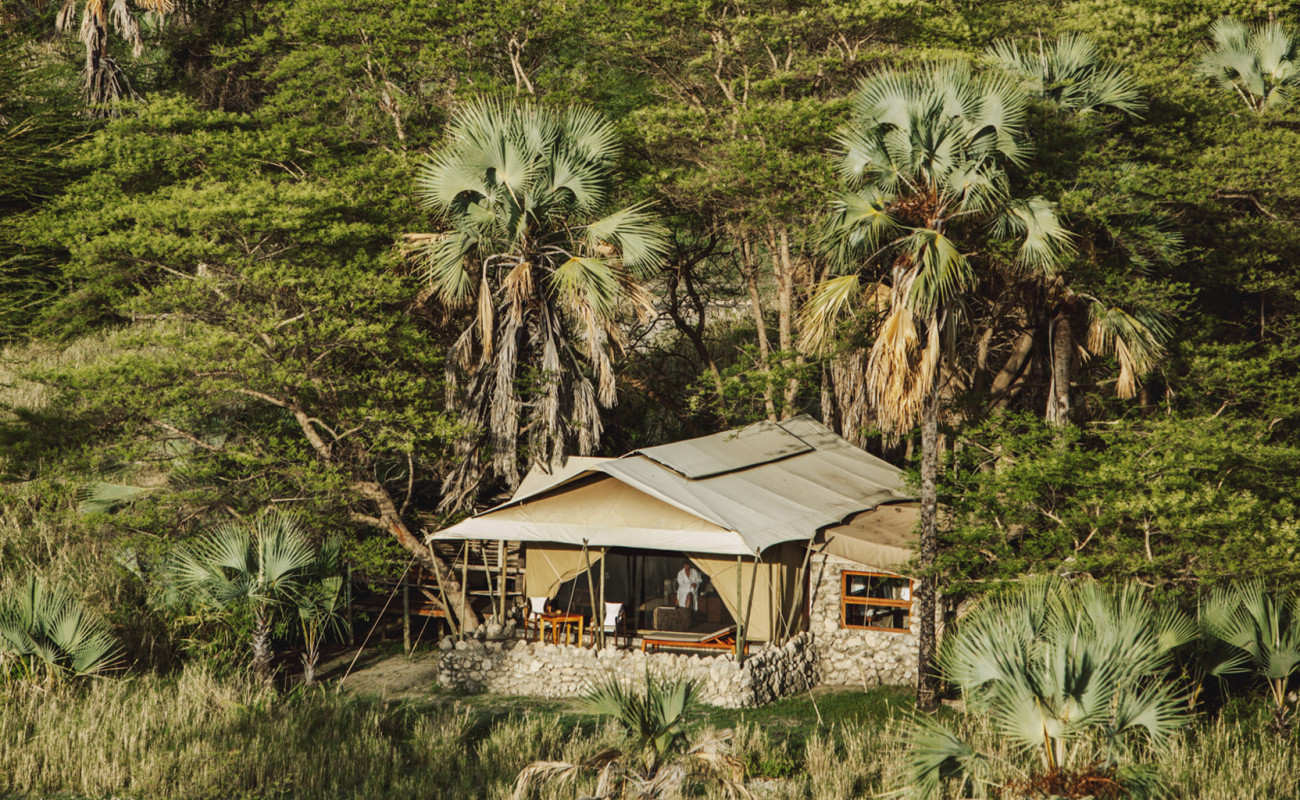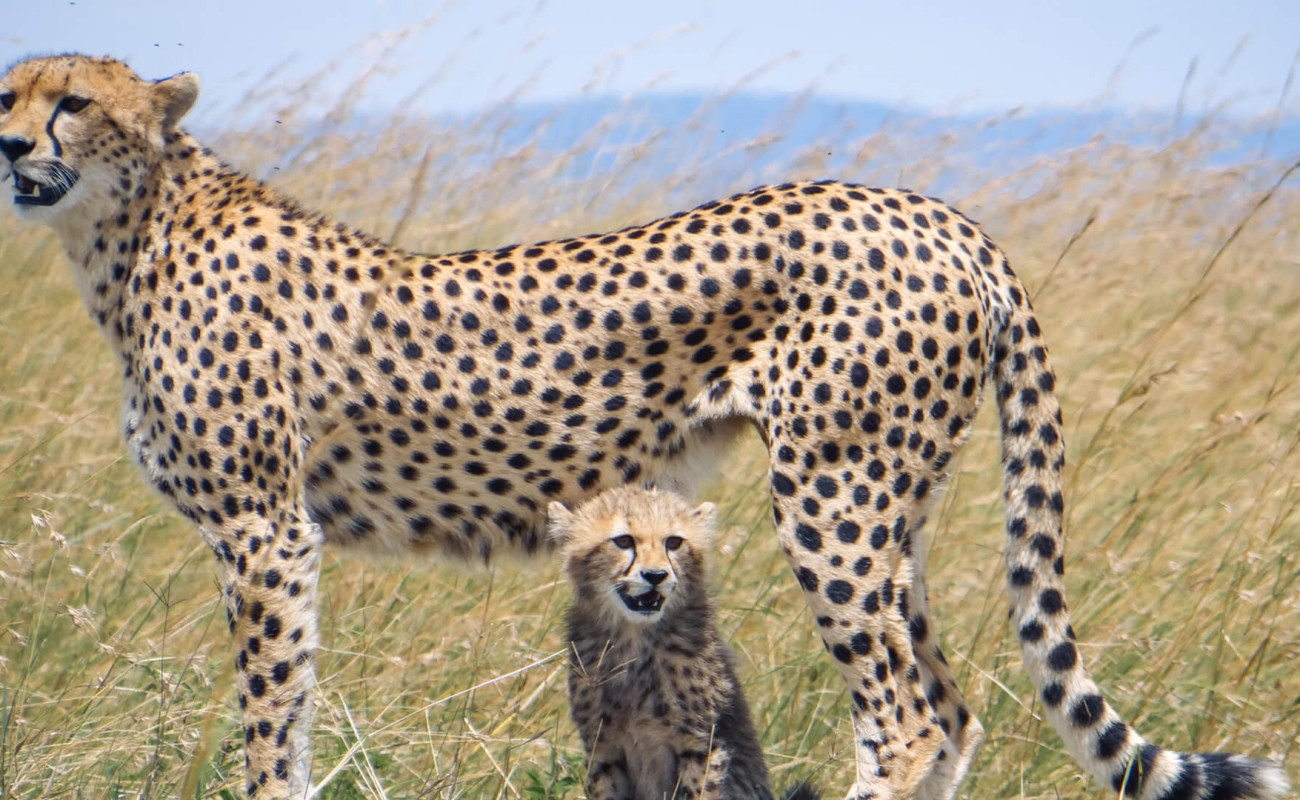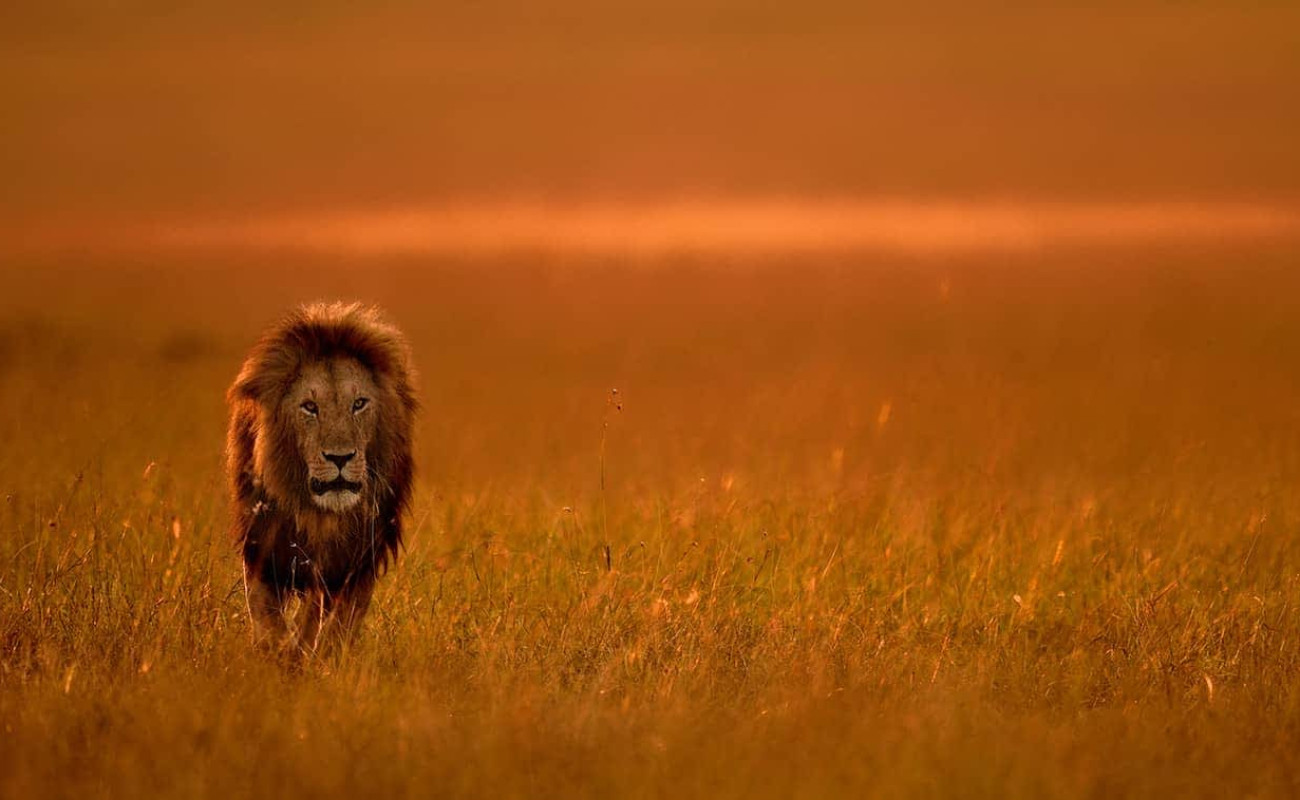The role of these species in the ecosystem is indispensable. Without bush cleaners, organic material such as carcasses, fallen trees, and animal waste would pile up, leading to the spread of disease, soil degradation, and a breakdown in the balance of predator-prey dynamics. By consuming and breaking down organic matter, these creatures help recycle essential nutrients, ensuring that plant life thrives and that the food chain remains intact.
For example, vultures play a significant role in preventing disease outbreaks by removing carcasses that could otherwise harbor bacteria and parasites. Similarly, hyenas help control the population of scavengers and predators by consuming leftover carcasses that may otherwise disrupt the ecosystem.
Furthermore, dung beetles contribute to soil health by recycling waste into valuable nutrients, enabling plant growth and ensuring that grazing animals have a steady food supply. The collective efforts of these bush cleaners keep ecosystems functioning and prevent ecological collapse.
Threats to the African Bush Cleaner
Despite their importance, many bush cleaner species are under threat. Vultures, for example, have faced significant declines due to poisoning by poachers, who poison animal carcasses to kill predators and vultures. Hyenas are often persecuted due to their scavenging nature and misunderstood behavior. Additionally, the use of pesticides threatens insect populations, including dung beetles and termites, which disrupt their role in maintaining soil health.
As these species face greater challenges, it becomes increasingly important to focus on their conservation to maintain the health and sustainability of African ecosystems. Protecting these species is essential not only for the continuation of the predator-prey balance but also for the health of the landscape itself.

